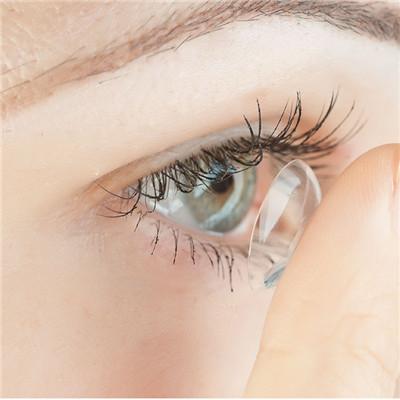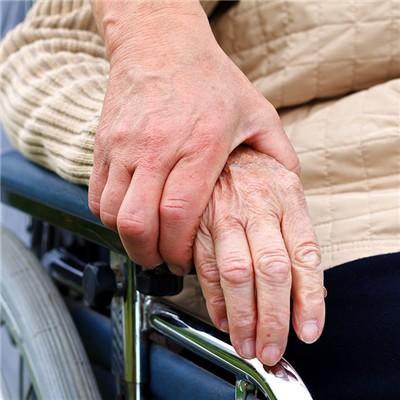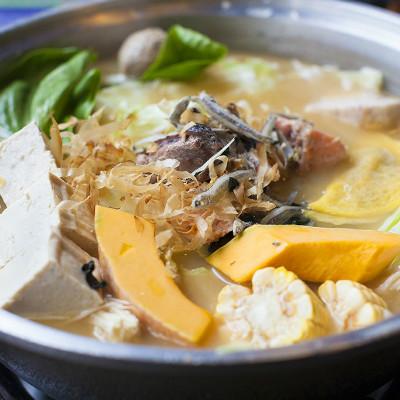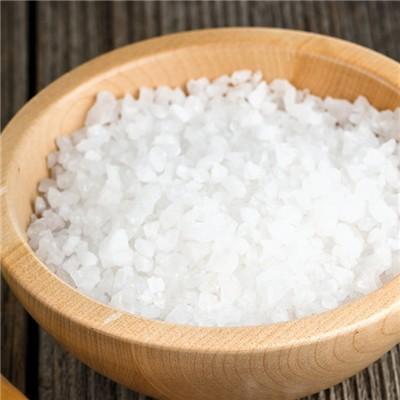What is hypokalemia
summary
Hypokalemia simply speaking, is the lack of sufficient potassium in the body, once the disease to the body or relatively large harm. Let's see what hypokalemia is.
What is hypokalemia
First, serum potassium concentration was 3.5-5.5 mmol / L, with an average of 4.2 mmol / L. Hypokalemia usually occurs when serum potassium is less than 3.5mmol/l. However, the decrease of serum potassium does not necessarily indicate the lack of potassium in the body, but only the decrease of the concentration of potassium in the extracellular fluid. Therefore, clinical analysis should be combined with history and clinical manifestations.
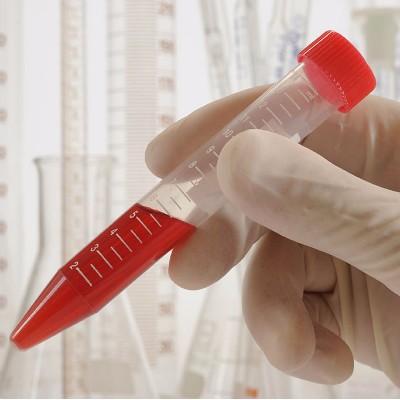
Second: the general diet is rich in potassium. Therefore, as long as you can eat normally, the body will not lack potassium. In patients with digestive tract obstruction, coma and long-term fasting after operation, if the intravenous nutrition is not supplemented at the same time or not enough, it can lead to potassium deficiency and hypokalemia. Therefore, for patients, it is very important to do the usual diet measures.
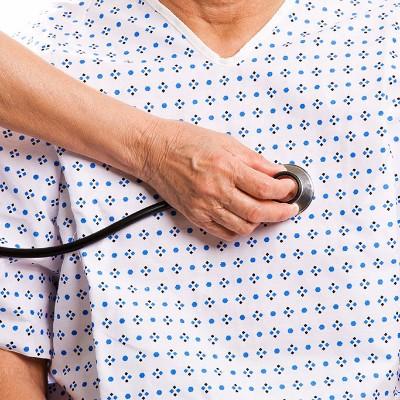
Finally: the severity of clinical manifestations depends on the degree of intracellular and extracellular potassium deficiency and the rate of occurrence of potassium deficiency. The symptoms of acute hypokalemia are more serious than those of chronic hypokalemia with the same level of potassium deficiency.

matters needing attention
Eat more potassium grains, buckwheat, corn, sweet potato, soybean and other high potassium elements. In the process of treatment, try not to eat stimulating food, such as onion, pepper, coffee and strong tea, and control the amount.

